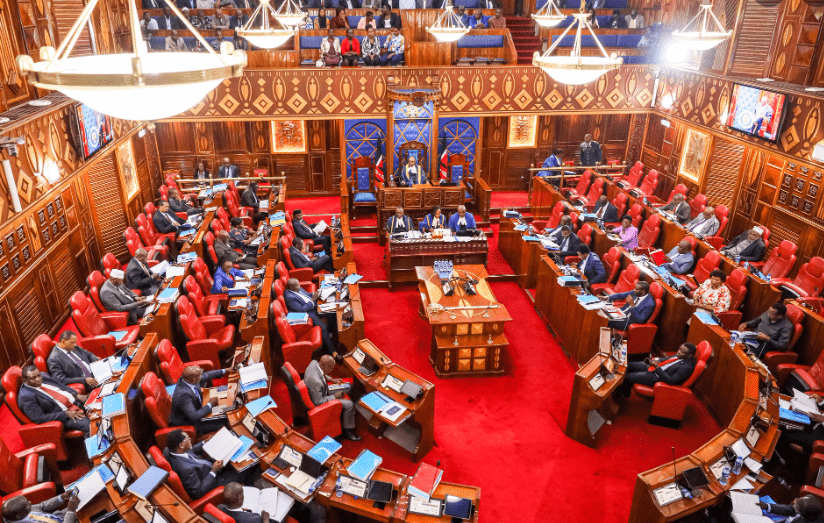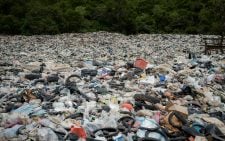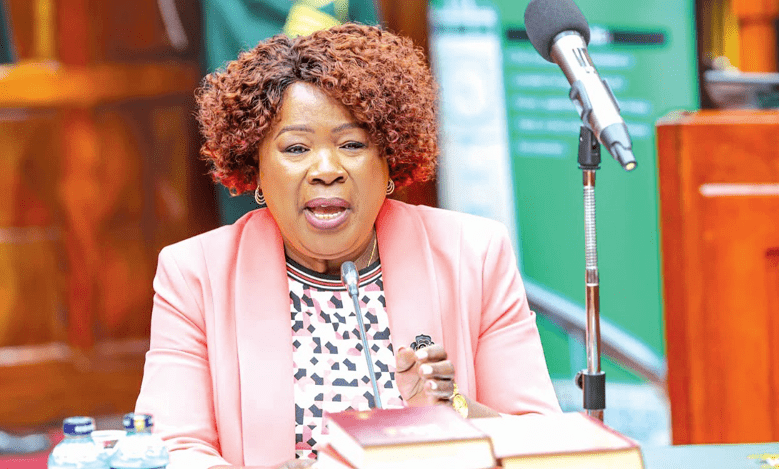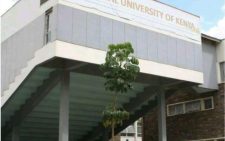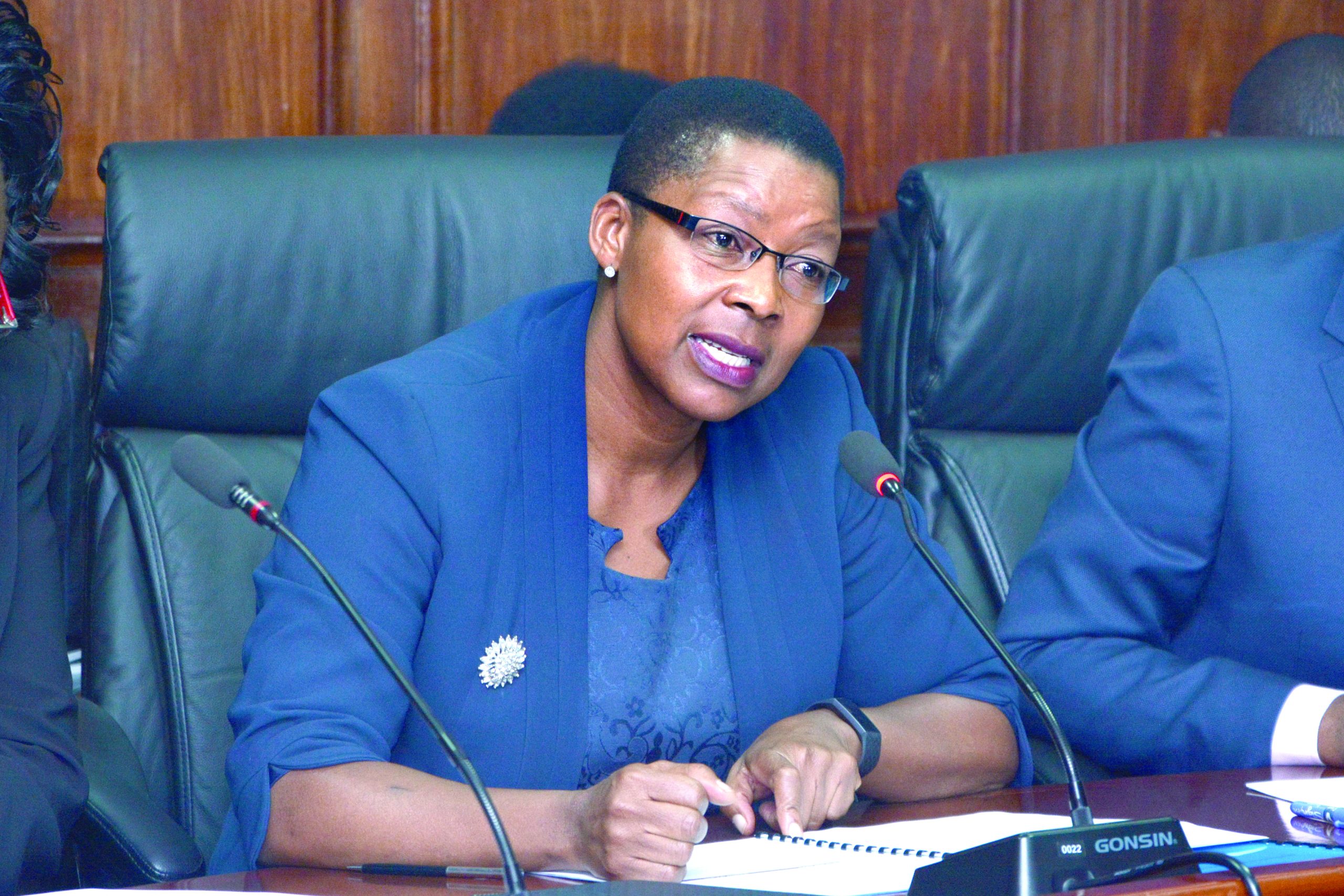Kenya’s oil dream rattled as Tullow sells Ugandan stake
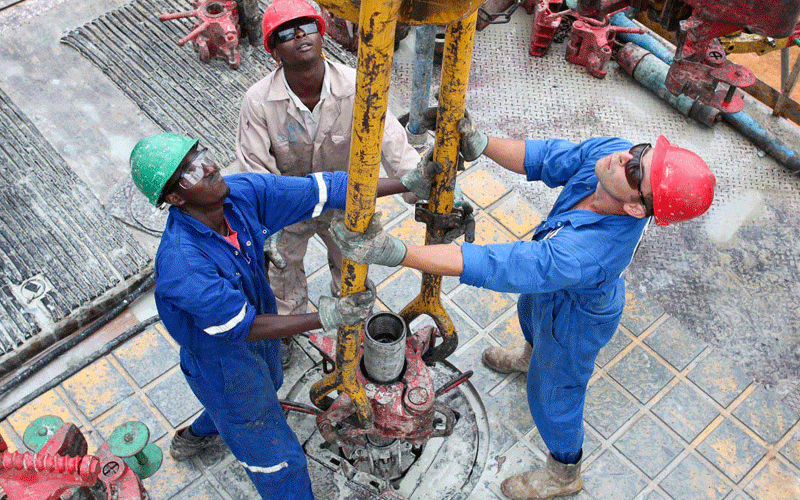
Tullow Oil has sold its entire stake to French oil company Total in their joint onshore oil fields in Uganda for $575 million (Sh61 billion) fuelling fears it also plans to exit the Kenyan market soon.
The troubled British petroleum explorer sold its shares as part of efforts to raise $1 billion to settle its $2.8 billion debt pile that has pushed away prospective investors.
Following the move, experts warn that Kenya’s oil dream now sits on quick sand due to geopolitical dynamics in the oil industry, coupled with Tullow’s debt and leadership woes.
Economist and Investment analyst Aly Khan Satchu said after the sale of its Ugandan stake to Total in a deal which includes the East African Crude Oil Pipeline, Kenya’s Turkana oil fields could be next.
“Tullow will either announce a Kenya sale to Total imminently, or Total has skipped the opportunity, which would be a negative signal for Kenya’s oil dream. Clearly, Kenya is not sustainable on a “stand alone” basis, especially in the new normal of oil prices,” he told Business Hub.
This comes at a time oil prices have plummeted globally amid a crash which saw the commodity trading below $10 in the US as low travel and manufacturing have reduced demand for the commodity due to lockdowns.
Exploration acreage
Further, reports by Reuters say that to reach its divestment target, Tullow is also trying to sell stakes in undrilled exploration acreage and part or all of its stake in Kenya, where it also partners with Total.
However, that Total, the immediate prospective buyer had indicated in January it was seeking to reduce its Kenyan stake, signalling tougher times ahead in Kenya’s bid to become a commercial oil exporter by 2023. But speaking to Business Hub yesterday Petroleum Principal Secretary Andrew Kamau insisted that the Turkana oil project is still on course.
“Kenya is not Uganda… if Tullow decides to sell its stake, we will still have National Oil which will continue,” he said.
National Oil is an integrated State corporation involved in all aspects of the petroleum supply chain covering the upstream oil and gas.
But Tullow’s exit would also mean that oil project will not have in its ranks a company with proven exploration and drilling capacity hence attracting investors for the Foreign Direct Investment (FDI) will be difficult.
Yesterday, Satchu said as it currently stands and given the viscosity of East African Crude and expense involved in a heated pipeline, oil in the region is mothballed for the foreseeable future.
“Global demand with typically 100 million barrels per day has cratered by 35 million barrels a day. African Oil is now peripheral and cannot be given away. Total probably bought Uganda as an option,” he said.
Satchu maintained that dreams of oil riches via Turkana and in the wider East African region are now defunct and it is a question of pronouncing the last rites.
“There is no one I know who is insane enough to continue with these projects. Tullow Oil is no longer a going concern. Of course, the positive flip side is that our oil import bill will crater. And this will be singularly helpful at this time.”
The discovery of oil in Kenya’s Turkana region in 2012 sparked excitement among the local population and raised hopes of newfound oil wealth.
But a series of events, financial constraints and now coronavirus have derailed the project and now its prospects hang by a thread.
Exploration activities are slowing as budget-conscious oil investors have taken a back seat. In 2012, crude oil was trading at over $100 a barrel, but over the last year prices have declined sharply to below $50 last year and now below $20 on the back of coronavirus outbreak.
With the fortunes of Turkana oil dwindling so too is the future of the Lamu Port-South Sudan-Ethiopia-Transport (Lappset) corridor project.
A huge part of Lapsset was the Lokichar to Lamu Crude Oil Pipeline (LLCOP which is being developed by a consortium of the government and international oil companies developing the oil resources in the South Lokichar basin in Turkana.
Land users
The LLCOP will transport crude oil from South Lokichar to the coast at Lamu for export. The pipeline will be buried to minimise disruption to land users and wildlife.
The British oil explorer announced Thursday that it would transfer its entire interests in Blocks 1, 1A, 2 and 3A in western Uganda and the proposed East African Crude Oil Pipeline (EACOP) System for cash consideration of $575 million plus potential contingent payments after first oil.
Dorothy Thompson, Tullow executive chairperson said deal was important for Tullow and forms the first step of our programme of portfolio management.
“It represents an excellent start towards our previously announced target of raising in excess of $1 billion (Sh107 billion) to strengthen the balance sheet and secure a more conservative capital structure,”she said



